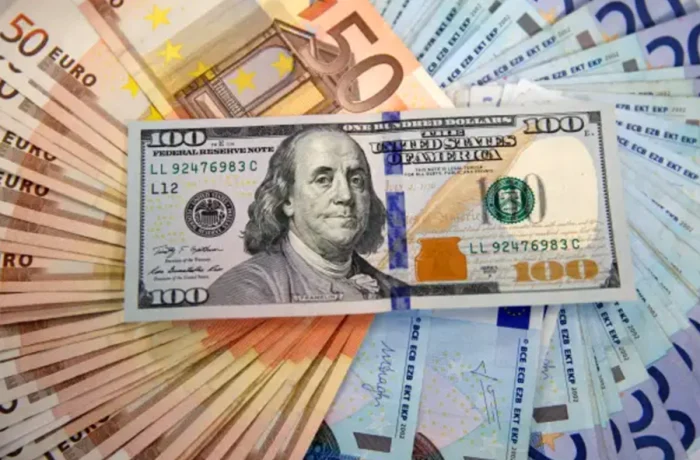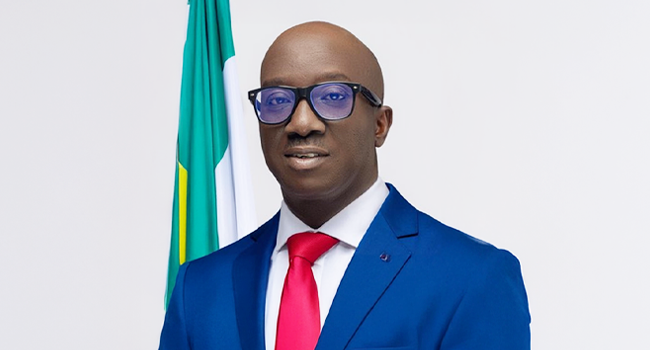In the world of global economics, most countries issue their own currencies to control their monetary systems.
However, there are some nations that do not have their own official currency.
Instead, they either adopt the currency of another country or use a shared regional currency.

This situation may arise due to historical ties, economic considerations, or the desire for greater financial stability.
Several countries around the world do not have their own currency. Some of these countries have adopted the currency of a neighbouring country, while others are part of a currency union.
1. Ecuador
Ecuador adopted the US dollar as its official currency in 2000 after a period of economic instability and high inflation.
The move helped stabilise the economy, but Ecuador now has limited control over its monetary policy.
2. Panama
Panama has used the US dollar as its official currency since the early 20th century. The country operates a dollarized economy alongside its own currency, the balboa, which is essentially pegged to the dollar.
3. El Salvador
El Salvador adopted the US dollar in 2001 to encourage investment and economic stability. This move has had both positive and negative effects on the country’s economic development.
People Also Read : 6 Longest Bridges In Africa
4. Zimbabwe
After experiencing one of the worst cases of hyperinflation in history, Zimbabwe abandoned its own currency in 2009 and began using foreign currencies, including the US dollar and the South African rand.
In recent years, the country has tried to reintroduce its own currency but still relies heavily on foreign currencies.
5. European Union Members
A total of 19 of the 27 European Union countries use the euro, a shared currency that facilitates trade and movement across member states.
Countries like Germany, France, and Italy have lost some control over their monetary policies in exchange for the benefits of a shared currency.
Though the use of another nation’s currency can provide certain advantages, it also comes with limitations, particularly when it comes to controlling monetary policy.

